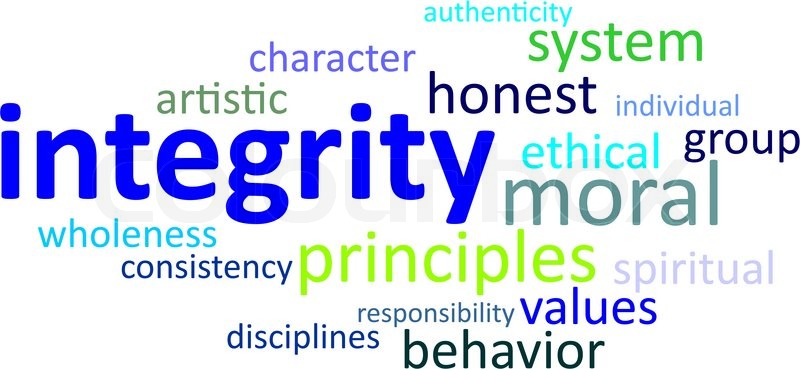When it comes to the people who lead them, professionals place a greater emphasis on personal qualities than a hard-driving business edge, recent research from Robert Half Management Resources found. Three-fourths of workers cited integrity as a top attribute of corporate leaders, while just 10 percent considered competitiveness a primary virtue.
This feeling is consistent with the C-suite, according to the research. CFOs most commonly reported they value integrity in business leaders. Decisiveness and competitiveness were the least-cited traits among financial executives.
Though the opinions were generally consistent, with integrity leading the way, the research revealed differences by age. Workers 55 and older placed more emphasis on fairness than 18 to 34 year olds by a wide margin, whereas the youngest group of professionals was more likely to look for a strategic mindset.
Workers and CFOs were asked, “Which of these are the most important attributes in a corporate leader?” Their responses*:
|
Workers |
CFOs |
|
|
Integrity |
75% |
46% |
|
Fairness |
58% |
45% |
|
Decisiveness |
37% |
22% |
|
Strategic mindset |
32% |
32% |
|
Transparency |
25% |
33% |
|
Accessibility |
23% |
33% |
|
Collaborative mindset |
20% |
39% |
|
Competitiveness |
10% |
30% |
|
* Up to three responses permitted |
||
“Leaders who act with integrity and treat people well help maximize the contributions of their employees and build goodwill for their organization,” said Tim Hird, executive director of Robert Half Management Resources. “As important as these attributes are for managing a team, they also drive business by attracting investors, customers and potential staff members.”
Additional findings from the research include:
- Seventy-two percent of workers 55 and older reported fairness as a top-three attribute for corporate leaders, compared to 44 percent of those 18-34.
- The percentage of the youngest respondents prioritizing a strategic mindset (49 percent) nearly doubled that of their counterparts 55 and older (25 percent).
- Respondents ages 35 to 54 valued a collaborative mindset more than the other age groups.
- CFOs at small companies (20 to 49 employees) were more likely than their counterparts at the largest firms (1,000 or more employees) to prioritize a strategic mindset and competitiveness.
Robert Half Management Resources offers three takeaways managers can act on immediately:
- Set the right example. In addition to modeling appropriate behavior, address performance issues quickly, which will show you do not let problems fester.
- Be upfront with employees. If there is news or a major change, give your team as much information as possible, as soon as possible. Otherwise, rumors spread. If you don’t have all the answers, say so, and then try to find them.
- Advocate for your team. Maintain open lines of communication with staff, and stand up for them in difficult situations. Look for opportunities to help them advance their careers and showcase their accomplishments to other executives in your company.
Thanks for reading CPA Practice Advisor!
Subscribe Already registered? Log In
Need more information? Read the FAQs




